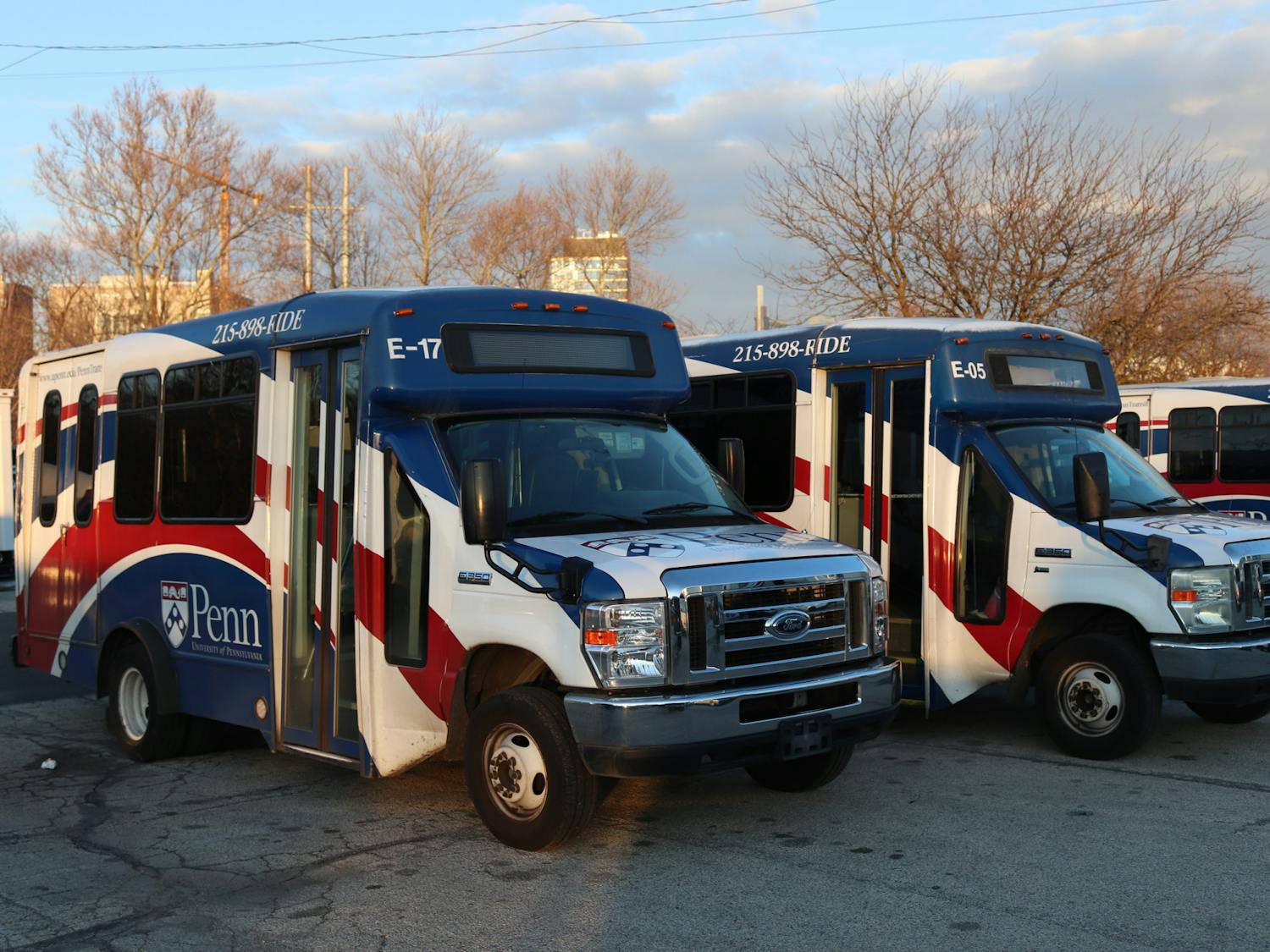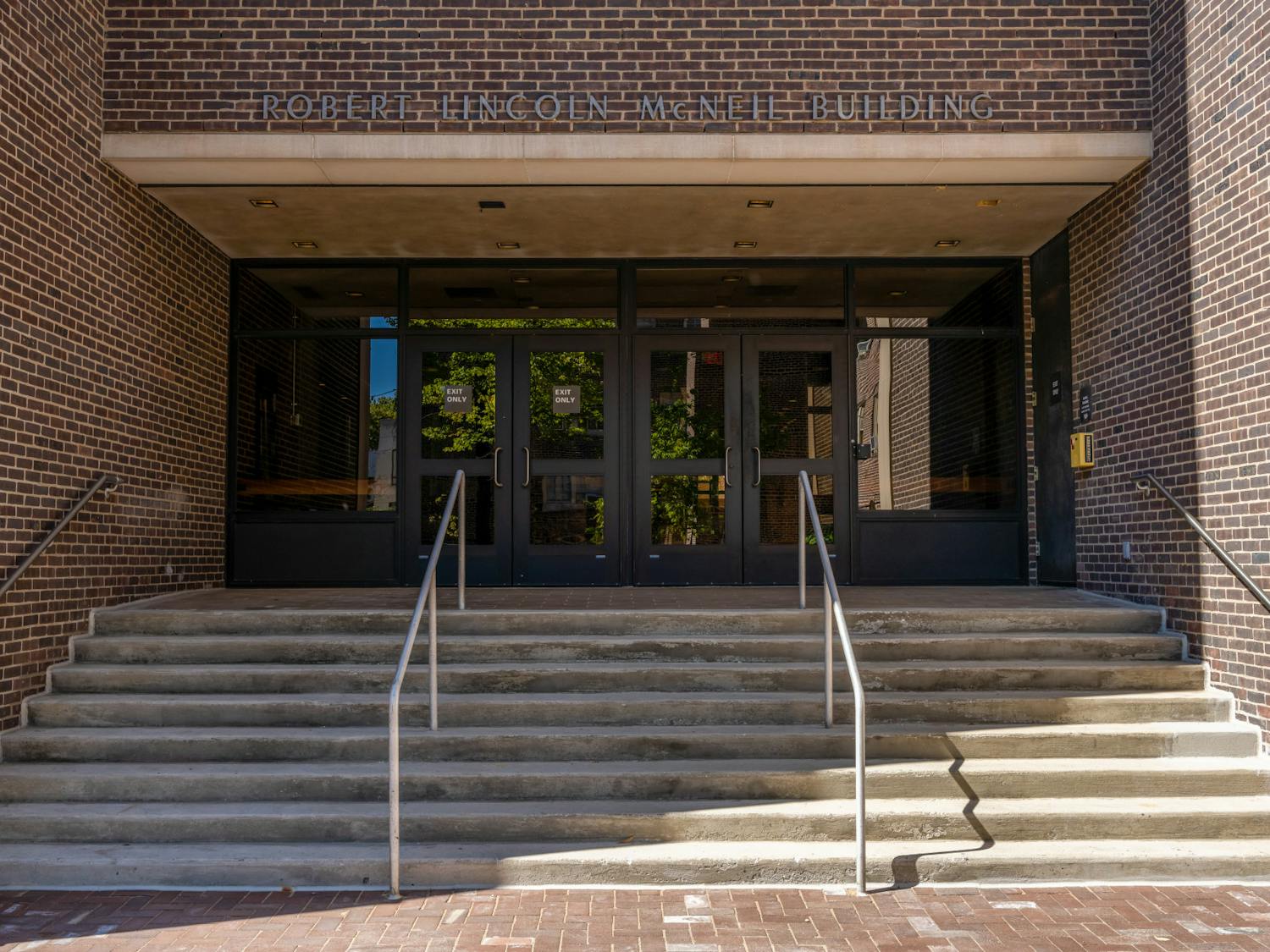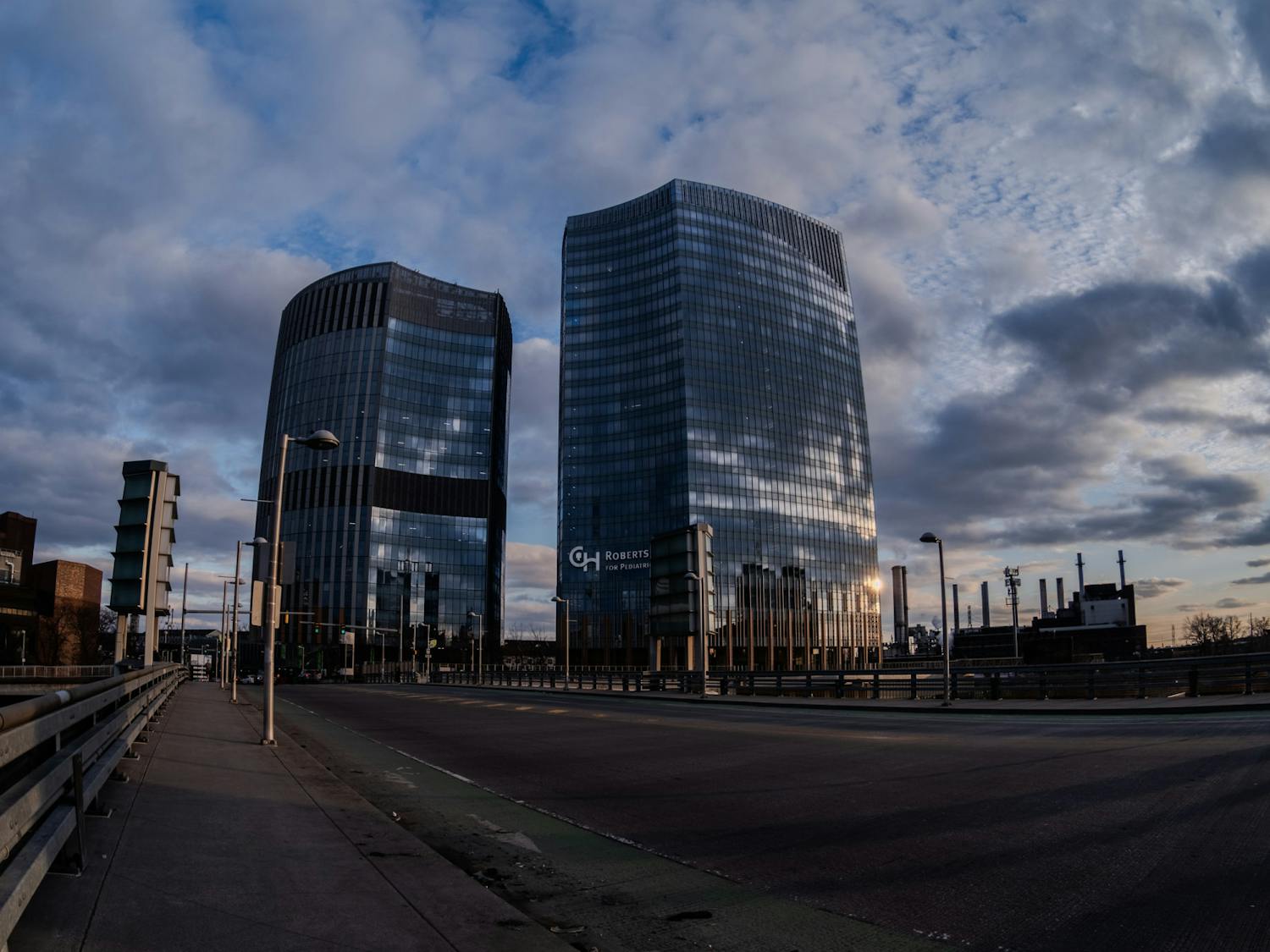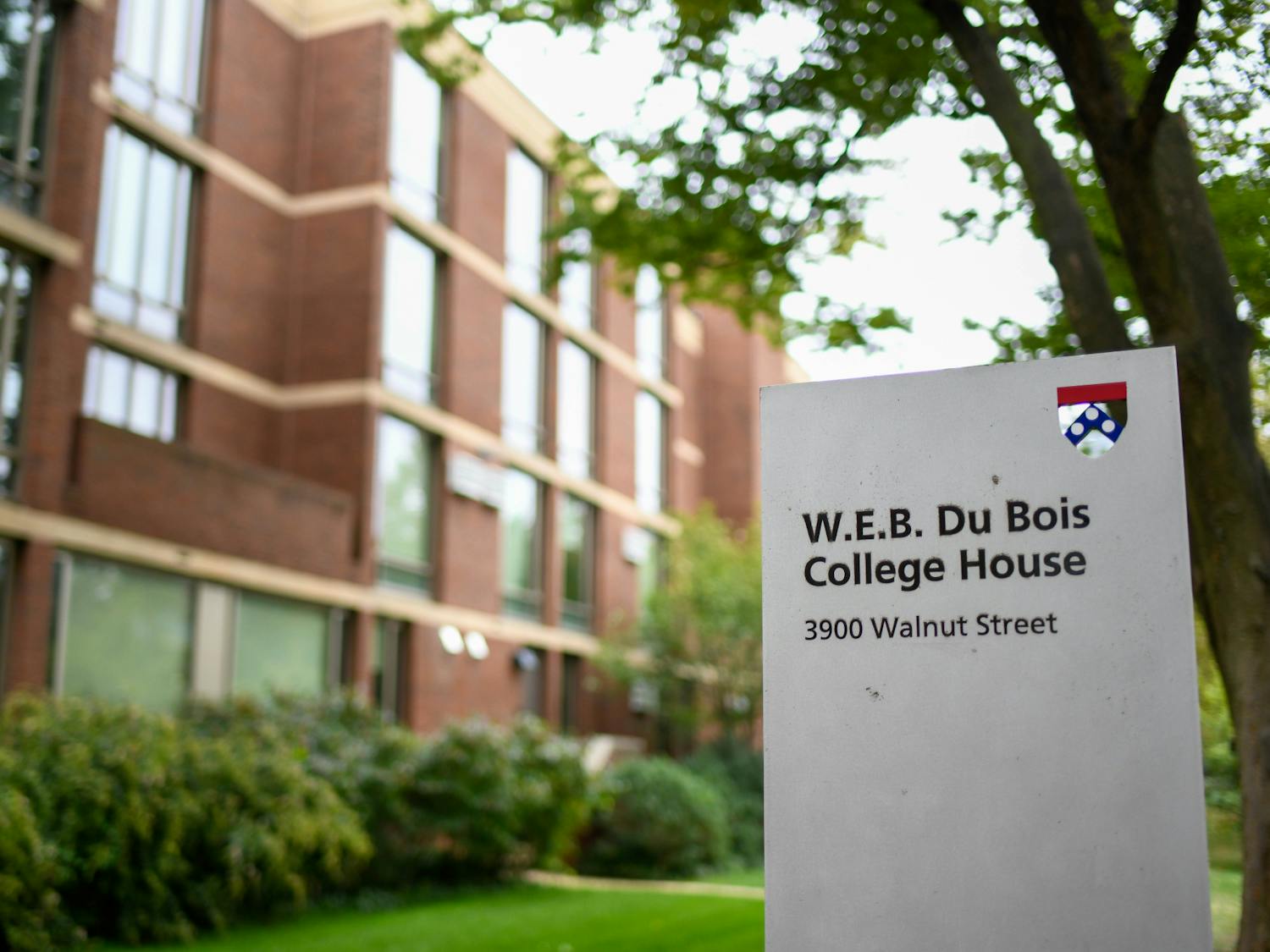This coming semester, students will have the chance to not only study works of literature, but to meet the authors who produced them.
Authors Saidiya Hartman, Erín Moure, Jenna Wortham, and Wesley Morris will visit Penn's campus as part of the Kelly Writers House Fellows program, which has brought authors to campus since it started in 1999. In the KWH Fellows seminars, KWH Faculty Director Al Filreis said students analyze the writers’ works throughout the semester and have a chance to discuss the works with them in a "very intimate setting" when they visit Penn.
Creative Writing Program Director Julia Bloch, who will teach the seminar in the spring, said the course will be discussion-based and require students to write short position papers and creative responses. This is Bloch's second time teaching the seminar, which is usually taught by Filreis.
“A typical class is going to involve the deep collaborative study of a number of different texts by these writers," Bloch said. “The beautiful thing about the course is that it’s always going to focus on what the most contemporary writing is happening right now."

Kelly Writers House Faculty Director Al Filreis
Each fellow visits KWH for two days. To organize the visits, the fellows were booked “almost a year in advance," 2012 College graduate and Assistant to the KWH Faculty Director Lily Applebaum said.
Hartman, a Columbia University English professor specializing in African American literature, will visit on Feb. 17-18, 2020. In 2019, Hartman received a MacArthur "Genius Grant," an annual prize awarded to individuals in the United States who have shown extraordinary originality in their creative pursuits.
"Saidiya is a literary critic who has busted open the genre of academic writing,” Filreis said.
RELATED:
Students host event to celebrate Toni Morrison's legacy as black female writer
Kelly Writers House celebrates Paul Hendrickson's newest book on Frank Lloyd Wright
Applebaum said Hartman's new book "Wayward Lives, Beautiful Experiments" has garnered “a lot of positive attention and press." The book highlights intimate relationships of black women in the early 20th century.
“People are clearly hungry for what she’s writing, thinking, and doing,” Applebaum said.
Moure, a Canadian poet and translator who has been publishing for over 40 years, will visit on March 23-24, 2020. She has translated books and poems from Galician, French, Spanish, Portuñol, Portuguese, and Ukrainian to English and written her own poetry.
“It’s nice to be able to bring poetry across borders,” Moure said of her work as a translator. “Otherwise our society will become too narrow.”
Moure said she first encountered KWH through ModPo, an online course created by Filreis. She had also visited Penn on a campus tour.

Creative Writing Program Director Julia Bloch
"[Moure] is also someone who believes in the importance of community, poetic community,” Filreis said.
Some of Moure’s most recent works are "The Elements," a book of original poetry, and an English translation of "Camouflage," a poetry book written in Galician by Lupe Gomez.
On April 27-28, 2020, Wortham and Morris will visit KWH. Both are New York Times writers who launched their joint culture podcast, "Still Processing," in 2016. Filreis said Wortham and Morris are the first duo and the first podcasters in the program.
Bloch describes the duo as “kind of a dream” for students interested in podcasting. She adds that some themes discussed in "Still Processing," like identity, culture, and the politics of language, will also be covered in the seminar.
Applebaum said any student interested in the class, from freshman to senior, can submit a written statement on their interest and relationship with the fellows’ works to apply for the program. Students must also be able to commit to the fellows' visits.
“The whole idea of this course is to take really famous people and bring them into this little intimate cottage,” Filreis said. “People can interact with them in a human way rather than [having them] sit on a stage way up.”









